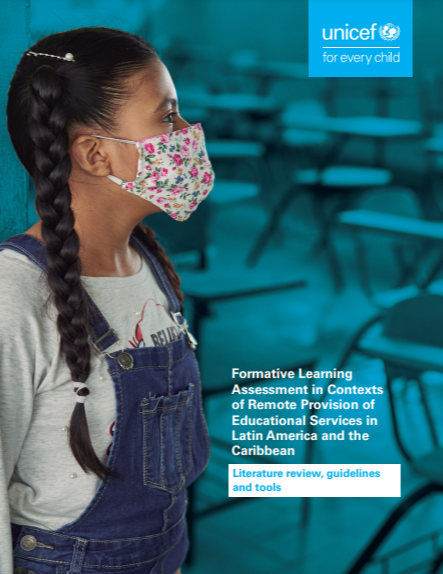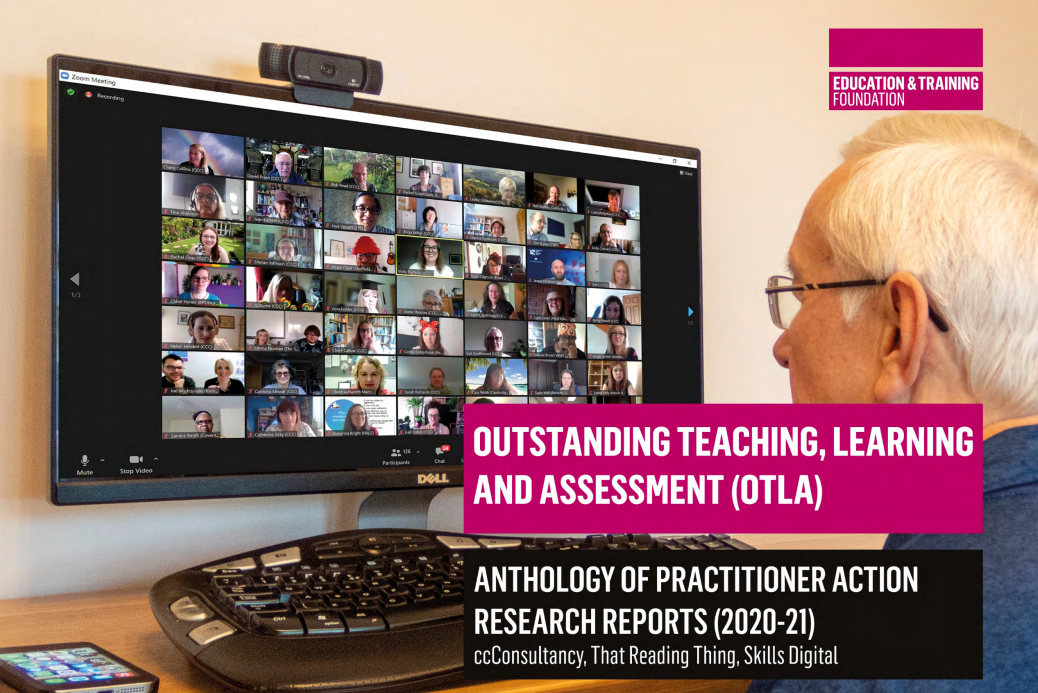
Introductory
Formative learning assessment in contexts of remote educational services in Latin America and the Caribbean: Literature review, guidelines and tools
2021
This UNICEF publication seeks to identify a series of considerations and approaches that should inform government decision-making regarding policies and procedures for the formative assessment of students in the context of remote (or hybrid) provision of educational services in Latin America and the Caribbean. Therefore, it is intended to inform and provide inputs for their deliberation when preparing guidelines and procedures to support teachers and others responsible for conducting formative assessment to measure the outcomes of the teaching–learning process. Such assessments are also valuable for collecting evidence that can be used to adjust practices linked to remote provision of education, taking into account students’ diverse circumstances and living conditions, with emphasis on the most vulnerable.
Formative learning assessment in contexts of remote educational services in Latin America and the Caribbean: Literature review, guidelines and tools
This UNICEF publication seeks to identify a series of considerations and approaches that should inform government decision-making regarding policies and procedures for the formative assessment of students in the context of remote (or hybrid) provision of educational services in Latin America and the Caribbean. Therefore, it is intended to inform and provide inputs for their deliberation when preparing guidelines and procedures to support teachers and others responsible for conducting formative assessment to measure the outcomes of the teaching–learning process. Such assessments are also valuable for collecting evidence that can be used to adjust practices linked to remote provision of education, taking into account students’ diverse circumstances and living conditions, with emphasis on the most vulnerable.
2021
Formative learning assessment in contexts of remote educational services in Latin America and the Caribbean: Literature review, guidelines and tools
MORE DOCUMENTS
-
ResourcesContent Type: DocumentsCreated: 2021
-
ResourcesContent Type: DocumentsCreated:
-
ResourcesContent Type: DocumentsCreated: 2021



